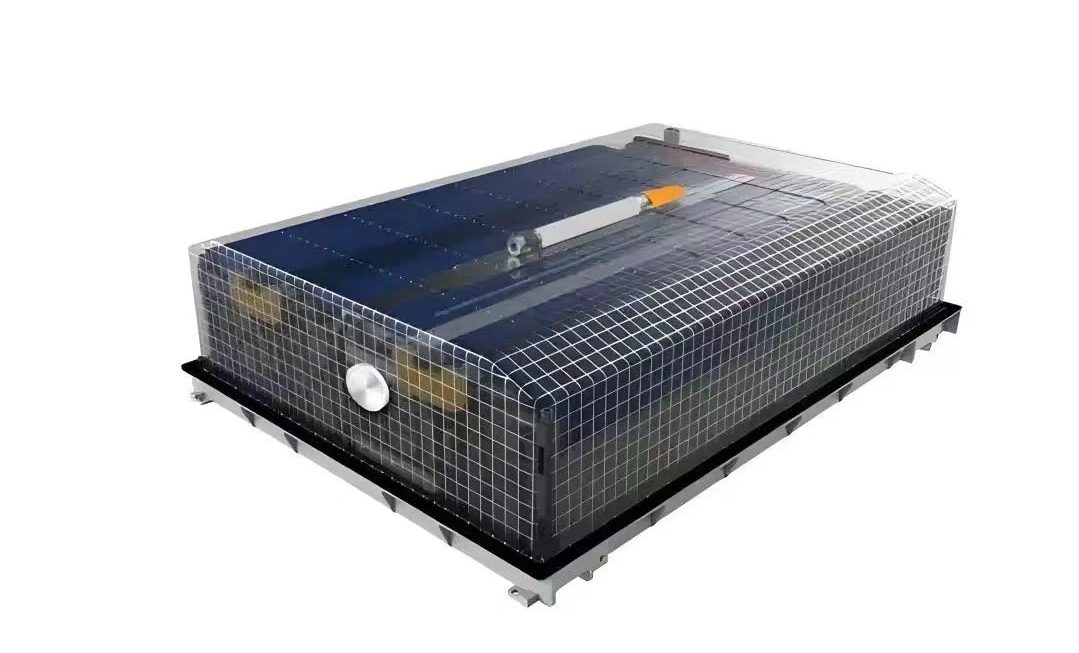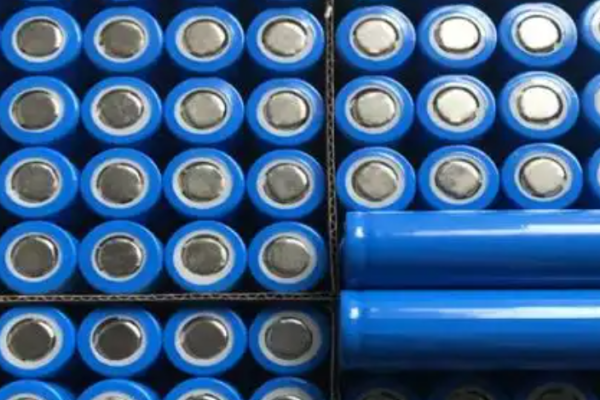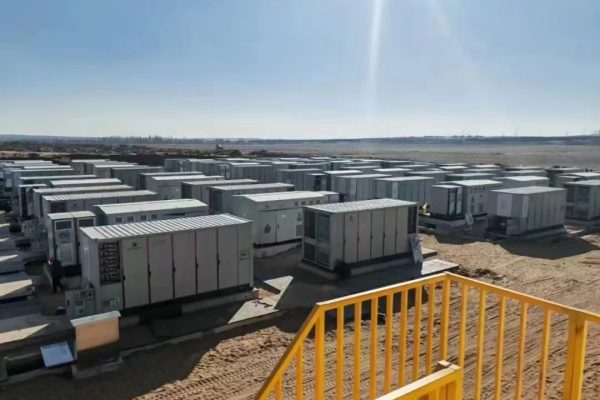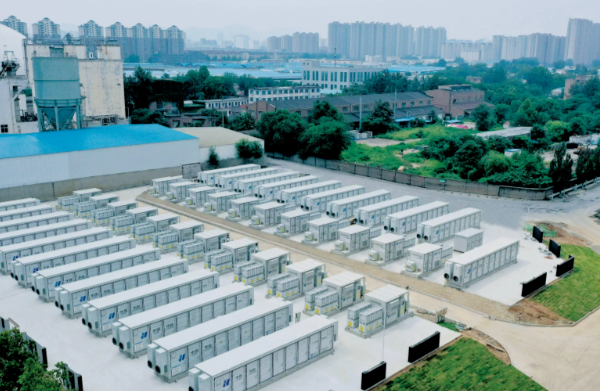Unlocking Small Projects, Faster Orders, and Bigger Partnerships
In traditional manufacturing or wholesale trade, MOQ (Minimum Order Quantity) is often seen as a fixed threshold — a line that buyers must cross to get access to products, pricing, or service.
But for small energy system integrators, first-time ESS buyers, or distributors testing new product lines, that rigid MOQ can be a dealbreaker.
As a technical trade partner, your flexibility in MOQ is not just an operational detail — it’s a strategic advantage.
Small orders today often lead to repeat business, local market expansion, and long-term trust.
Let’s explore why flexible MOQ policies matter, how to implement them smartly, and what kind of clients you can win because of it.
1. What Does “MOQ Flexibility” Actually Mean?
In practice, MOQ flexibility includes:
- Allowing smaller initial trial orders (e.g., 1–5 units of battery or inverter)
- Supporting mixed-model orders (e.g., 2×5kW + 1×3kW in a single carton)
- Offering custom packaging or partial pallets without surcharge
- Accommodating freight forwarder consolidation or buyer-arranged pickup
In short, it means adapting your supply and support structure to fit the customer’s actual project size — not forcing the customer to scale just to meet your supply logic.
2. Why It Matters for Small Project Buyers
🔌 Most Distributed Projects Start Small
- A residential installer in Kenya may only need 1 hybrid inverter and 2 batteries for a pilot install.
- A boutique hotel in Sri Lanka may want to try 10kWh of LFP storage with solar but cannot commit to 50 units.
These projects may be small in volume — but not in long-term value.
💬 Buyers Want to Test Before They Commit
- New markets want sample projects before full distribution
- Technical buyers want to validate compatibility with their existing setup
- Integrators want to test install and user interface before they standardize
Flexible MOQ allows them to do that — with you, instead of your competitor.
3. Flexibility Builds Trust and Differentiation
✅ You Look Like a Partner, Not a Transactional Seller
Rigid MOQ sends a clear message: “We only want big fish.”
Flexible MOQ says:
“We’re here to grow with you — whether you’re on your first system or your hundredth.”
This creates:
- Longer buyer lifetime value
- More loyalty in competitive tenders
- More referrals to other local integrators
✅ You Outmaneuver Bigger Suppliers
Big manufacturers often can’t (or won’t) handle small mixed orders. You can — and that’s your edge.
Being small-batch friendly means you:
- Enter markets your competitors can’t
- Build grassroots relationships with local installers
- Create a defensible niche around service, not just product
4. The Types of Buyers Who Care Deeply About MOQ
| Buyer Type | Why They Value MOQ Flexibility |
|---|---|
| New Installers | Want to test a few units before committing |
| Small Distributors | Don’t yet have volume, but need variety |
| NGO / Rural Projects | Limited budget per site; often custom system designs |
| Solar Entrepreneurs | Launching brands with tight cashflow |
| OEM/ODM Explorers | Need samples for evaluation before co-branding |
If your MOQ is too high, these buyers won’t even start the conversation.
But if you enable them — they often become your strongest growth partners.
5. How to Offer MOQ Flexibility Without Losing Money
💡 1. Define a Clear MOQ Policy — With Tiers
Offer tiered MOQ logic based on buyer profile:
| Buyer Type | MOQ Policy |
|---|---|
| First-Time Buyer | 1 unit allowed (sample project) |
| Small Integrator | 3–5 units, mix-and-match allowed |
| Distributor | Full pallet or mixed-container MOQ |
Be clear about shipping, lead time, and any small-order handling fee (if needed).
Transparency helps buyers plan and builds respect.
💡 2. Bundle Small Orders with Value-Added Support
Add design services, wiring diagrams, or communication setup help with small orders.
This makes small MOQ buyers:
- Feel supported like premium clients
- Understand the system better
- More likely to return with standardized bulk orders later
💡 3. Use MOQ Flexibility as a Marketing Hook
Promote it in your product listings, website, and outreach:
“We support small projects — start from 1 set.”
“Custom configuration available for 3–5 system packs.”
“Mix PV inverter + LFP battery models in one box.”
This will catch the attention of installers and technical buyers who are actively looking for partners that don’t force volume before trust.
6. Real Example: 3 Systems to a Kenyan Integrator
A client in Nairobi was designing residential systems but lacked supplier support for small-volume orders.
Competitors required full pallets of each product — 10+ batteries, 10+ inverters minimum.
By offering:
- 3 hybrid inverters (5kW)
- 3 LFP batteries (5kWh)
- Quick wiring support
…you became that buyer’s go-to partner. Six months later, he returned for a 30-unit order — and became your in-country reference.
7. Strategic Advantages in Your Sales Funnel
MOQ flexibility is not just operational — it’s a sales accelerant. Here’s how:
| Funnel Stage | MOQ Flexibility Impact |
|---|---|
| Lead Generation | More inquiries from niche and small projects |
| Conversion | Easier to say yes to a low-risk first order |
| Relationship Building | Build technical trust early |
| Expansion | You’re the natural partner when buyer scales |
You are not selling just batteries or inverters.
You are selling access, speed, and support — MOQ flexibility is your foot in the door.
Conclusion: Be the Partner Who Makes Projects Possible
In the world of solar + storage, not every project begins with a container.
Some start with a rooftop shop, a guesthouse pilot, or a small village school.
Your willingness to serve small project needs — with fair pricing, clear support, and no MOQ pressure — is what builds a real trade relationship.
Flexibility is not weakness — it’s a signal of confidence and long-term thinking.
That’s how you win markets others overlook.








